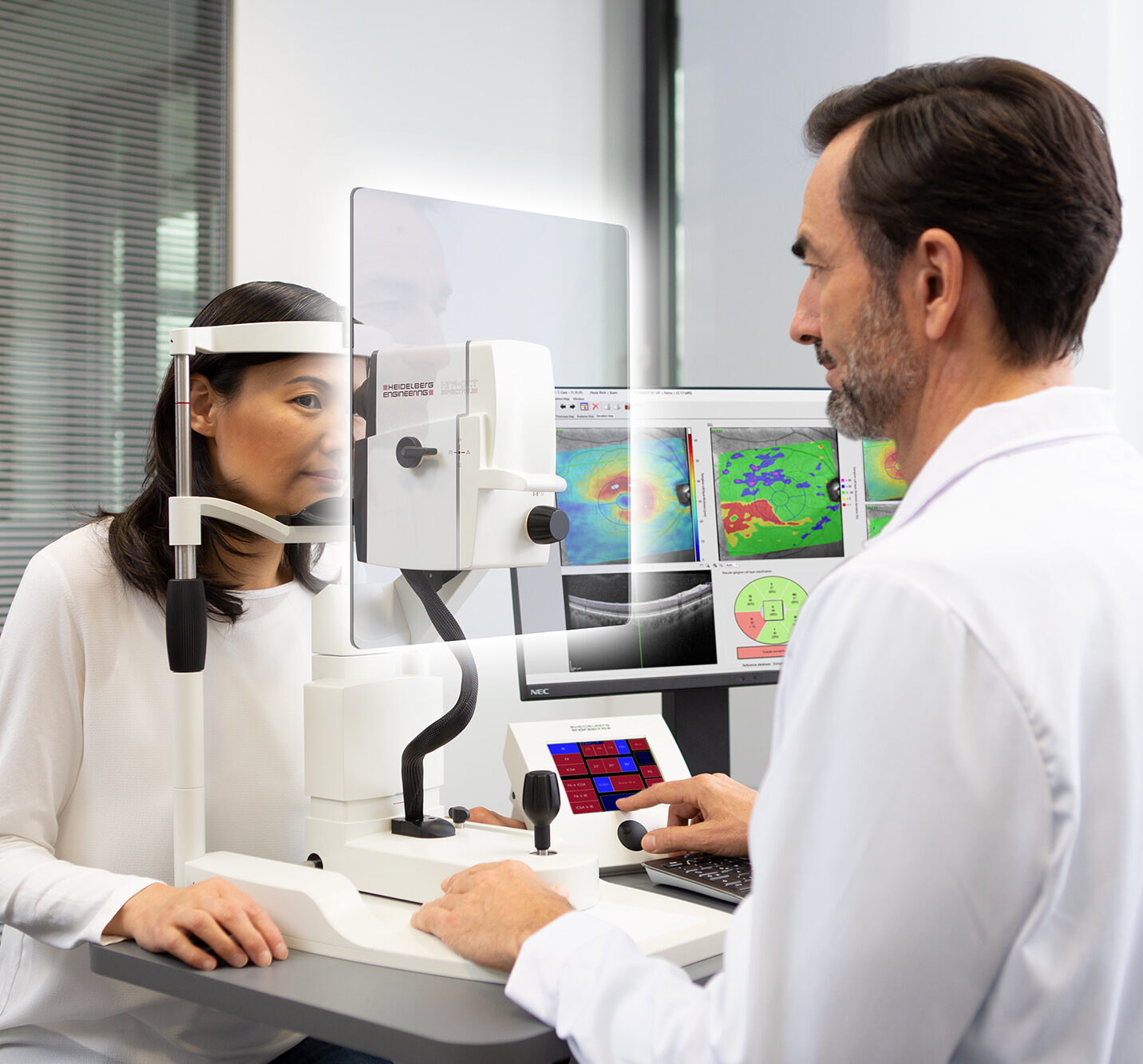

The role of a dispensing optician
What is the role of a dispensing optician?
A dispensing optician (DO) is a registered healthcare professional and plays various roles within an optical practice to meet the dispensing and clinical needs of patients.
The core role of a dispensing optician is to advise on, fit and supply the spectacle frames and lenses most appropriate for each patient’s visual, lifestyle and vocational needs. This includes advising on and dispensing:
- Frames and lenses for driving, occupational use, hobbies, and activities.
- Protective eyewear, such as prescription sunglasses, spectacles for screen use, and sports and safety eyewear.
- Spectacles for children, taking account of their different facial characteristics and the challenge of communicating with both parents/carers and children.
- Spectacles for visually impaired patients.
Another important part of a DO’s role is advising on and dispensing low vision aids such as magnifiers, for patients whose vision cannot be corrected by spectacles alone.
As well as dispensing optical appliances, dispensing opticians provide clinical advice and guidance on common eyecare conditions, including acute conditions, such as dry eye, and identify and refer those which require emergency care. Dispensing opticians work in community optical practices, and in other settings including hospitals and providing domiciliary care.

What skills do dispensing opticians have?
Dispensing opticians bring to their roles high-quality communication and problem-solving skills.
Problem-solving may be proactive, such as handling more complex dispensing requirements, or reactive, such as where a patient has issues with an optical appliance.
Dispensing opticians can share their knowledge and skills with colleagues, improving the performance of the practice team overall and ensuring patients receive high-quality care and advice.
As the front-of-house clinical professional within a practice, dispensing opticians are often more accessible for patients and staff than an optometrist in a consulting room. As patients increasingly turn to their optical practice for eyecare advice rather than their GP, dispensing opticians are well-placed to provide clinical advice on common eye conditions, and deliver monitoring services.
Dispensing opticians are often the first point of contact for parents/carers wishing to bring children or vulnerable adults for sight tests.

Which roles can only dispensing opticians or optometrists perform?
Dispensing spectacles to children or patients with a visual impairment can only be undertaken by, or under the supervision of, dispensing opticians or optometrists registered with the General Optical Council (GOC). Dispensing contact lenses can only be carried out by contact lens opticians or optometrists registered with the GOC.
Although optometrists may dispense and supervise the dispensing of spectacles to children and visually impaired people, they do not receive the same level of education and training in this area as dispensing opticians. Because they tend to work primarily in a consulting room conducting eye examinations, from a practical point of view optometrists are less available to supervise the dispensing of spectacles.
Dispensing opticians are educated to degree-level and with three years of education have a comprehensive knowledge in order to effectively analyse a prescription, perform a visual task analysis that is patient-centred which may result in multiple pair dispensing.

How is the role of a dispensing optician developing?
The role of a dispensing optician is developing in various ways, with practitioners increasingly being involved in:
- Advising parents and children on myopia management to prevent or slow the development of myopia.
- Refraction under supervision.
- Critical appraisal of optical-related literature to provide patients with the best advice.
- Advising and treating patients with a range of common eye conditions such as dry eye.
- Clinical imaging and interpretation using, for example, an OCT machine and other diagnostic equipment.
- Triaging patients before they attend a practice.
- Nutritional and lifestyle issues relating to eyecare.
- Developing the skills to seek out the evidence and appraise it themselves in order to make their recommendations more evidence-based.

What further roles can a dispensing optician perform?
Dispensing opticians will often carry out further roles within an optical practice as they gain experience. These include practice management, managing, training, and mentoring staff, supervising the dispensing of spectacles and handling complaints.
Dispensing opticians use their professional skills and knowledge routinely which leads to a reduced number of complaints and returns.
Dispensing opticians can provide a specialist dispensing service to those patients who may be vulnerable, have additional needs, or require adaptations to optical appliances.
Dispensing opticians can also fit, and provide aftercare for, contact lenses after undergoing specialist training and registering as a contact lens optician.
Contact lens opticians are then able to access extended services courses to become accredited to deliver minor eye conditions services (MECS) and Covid urgent eyecare services (CUES).